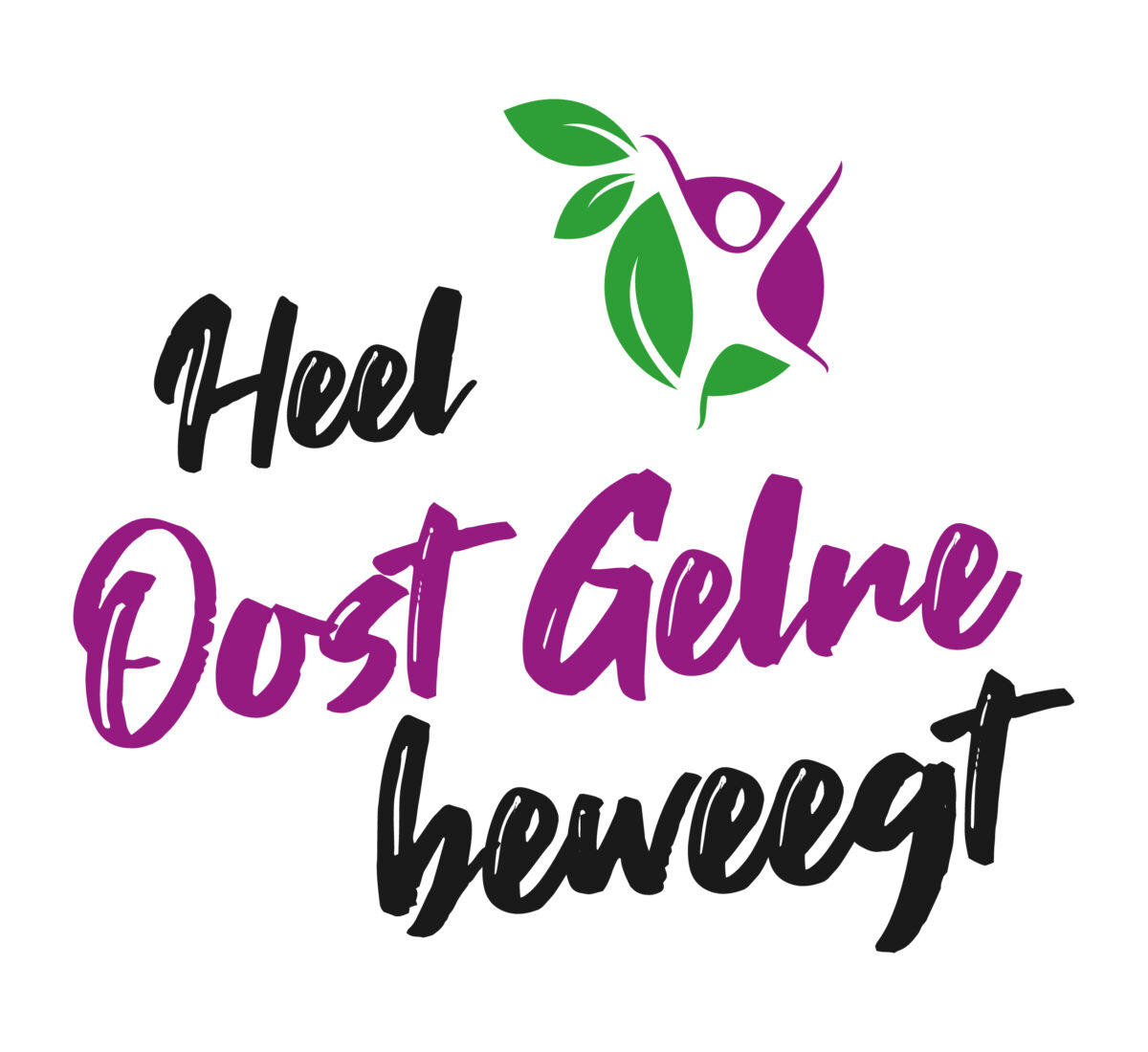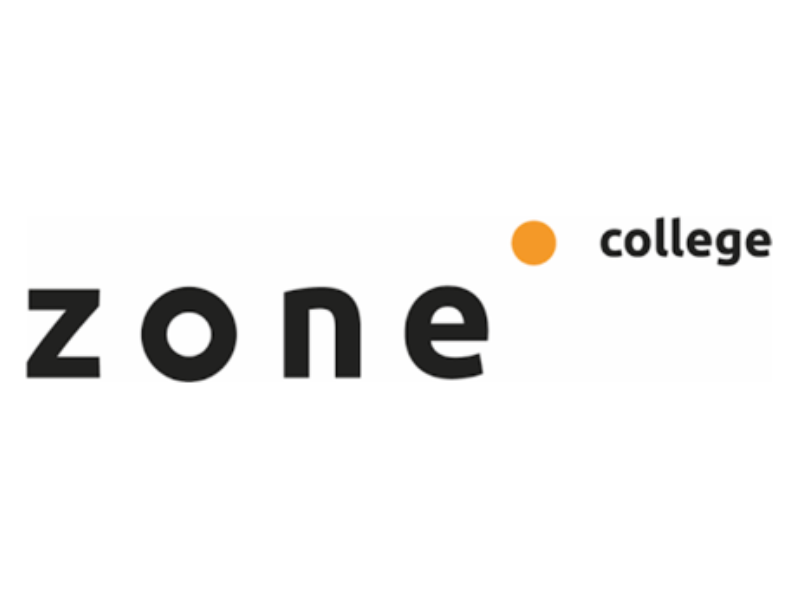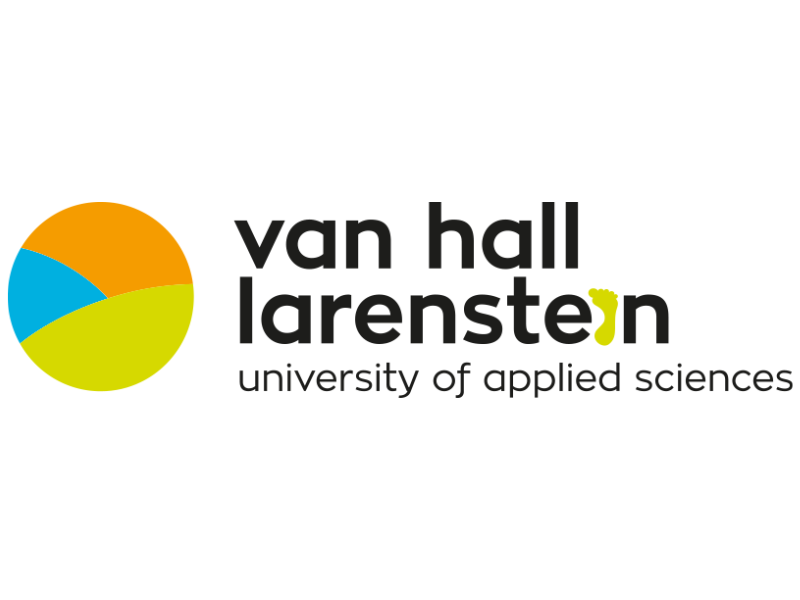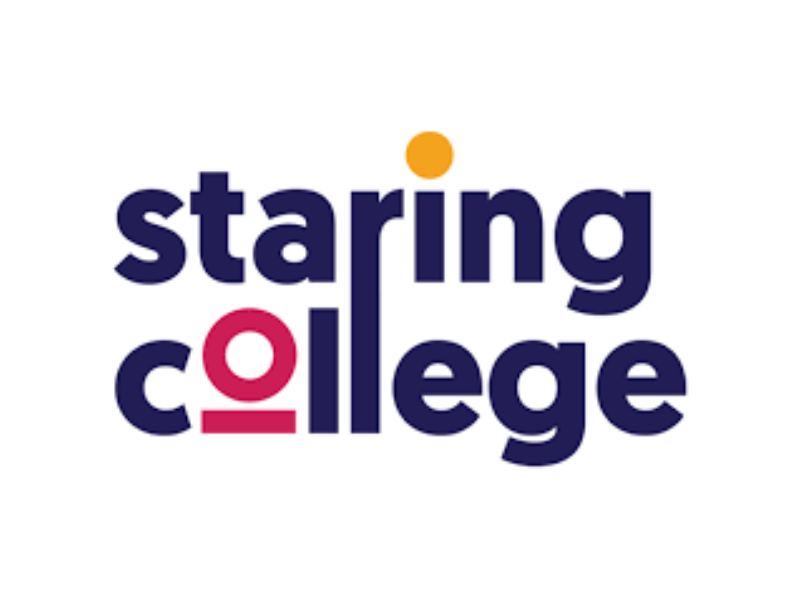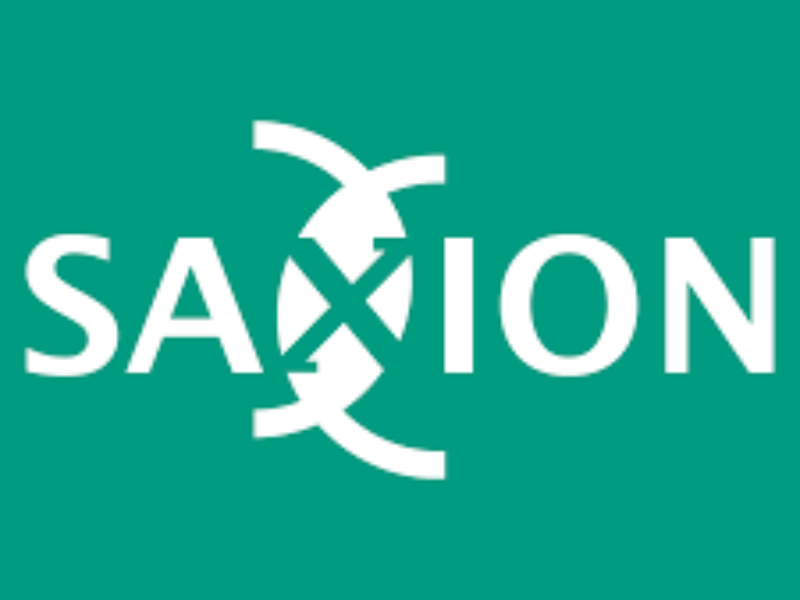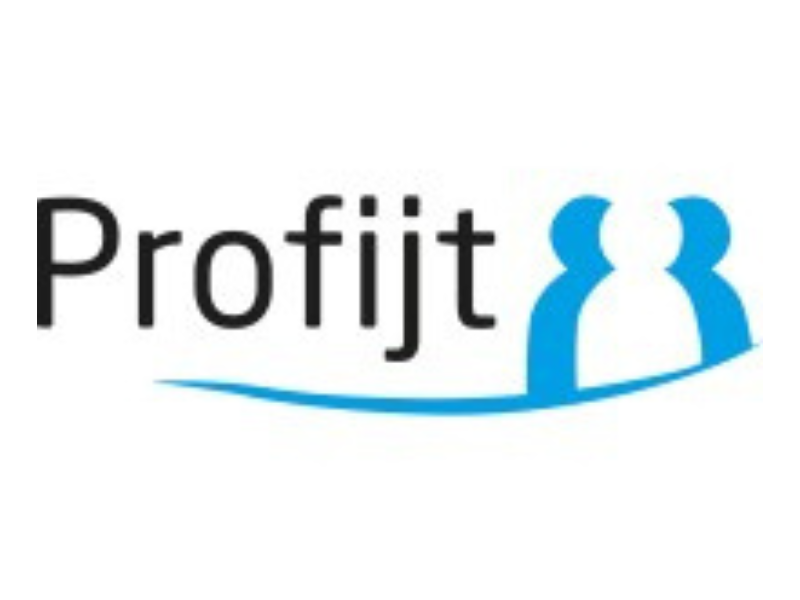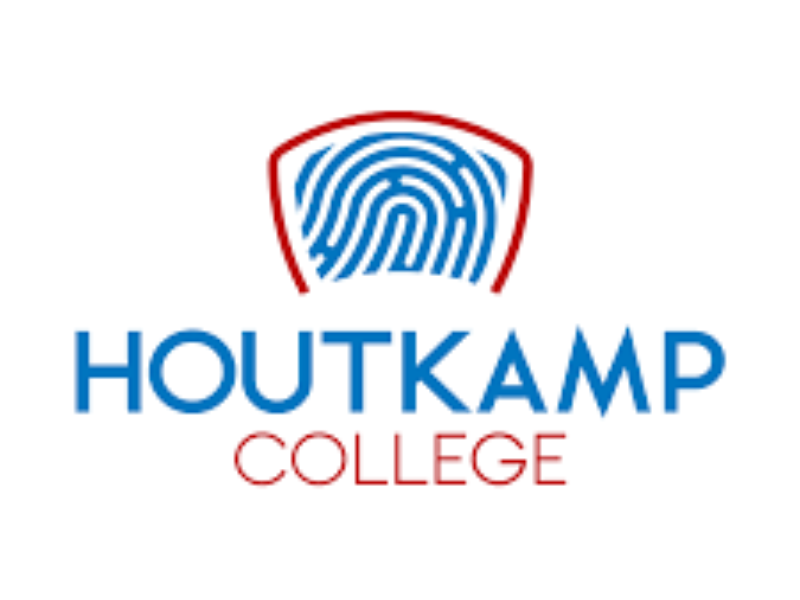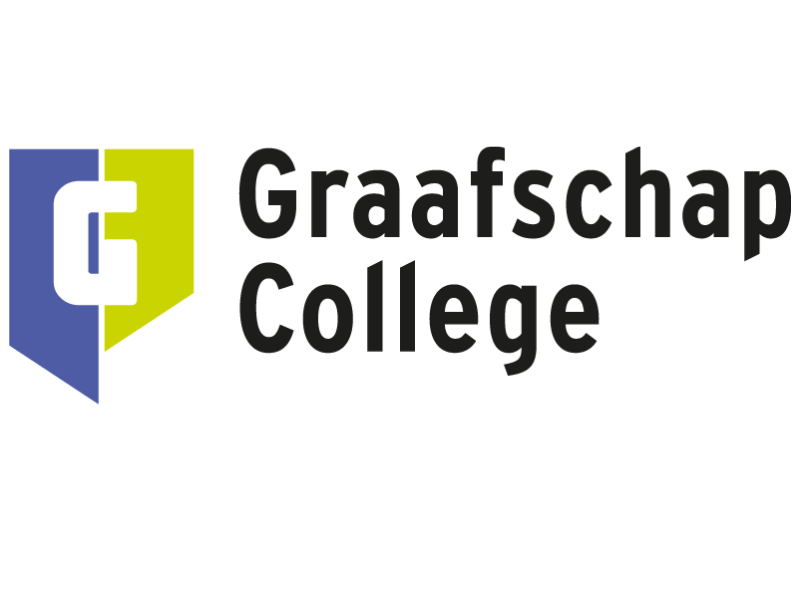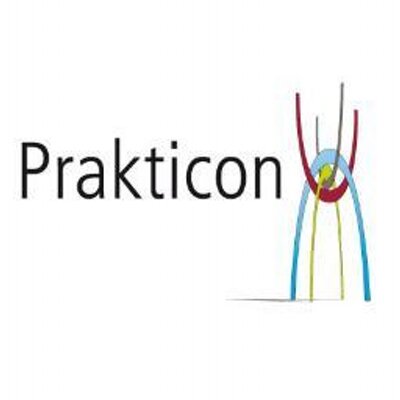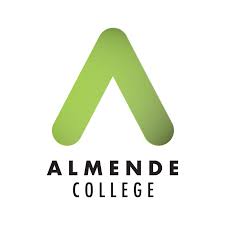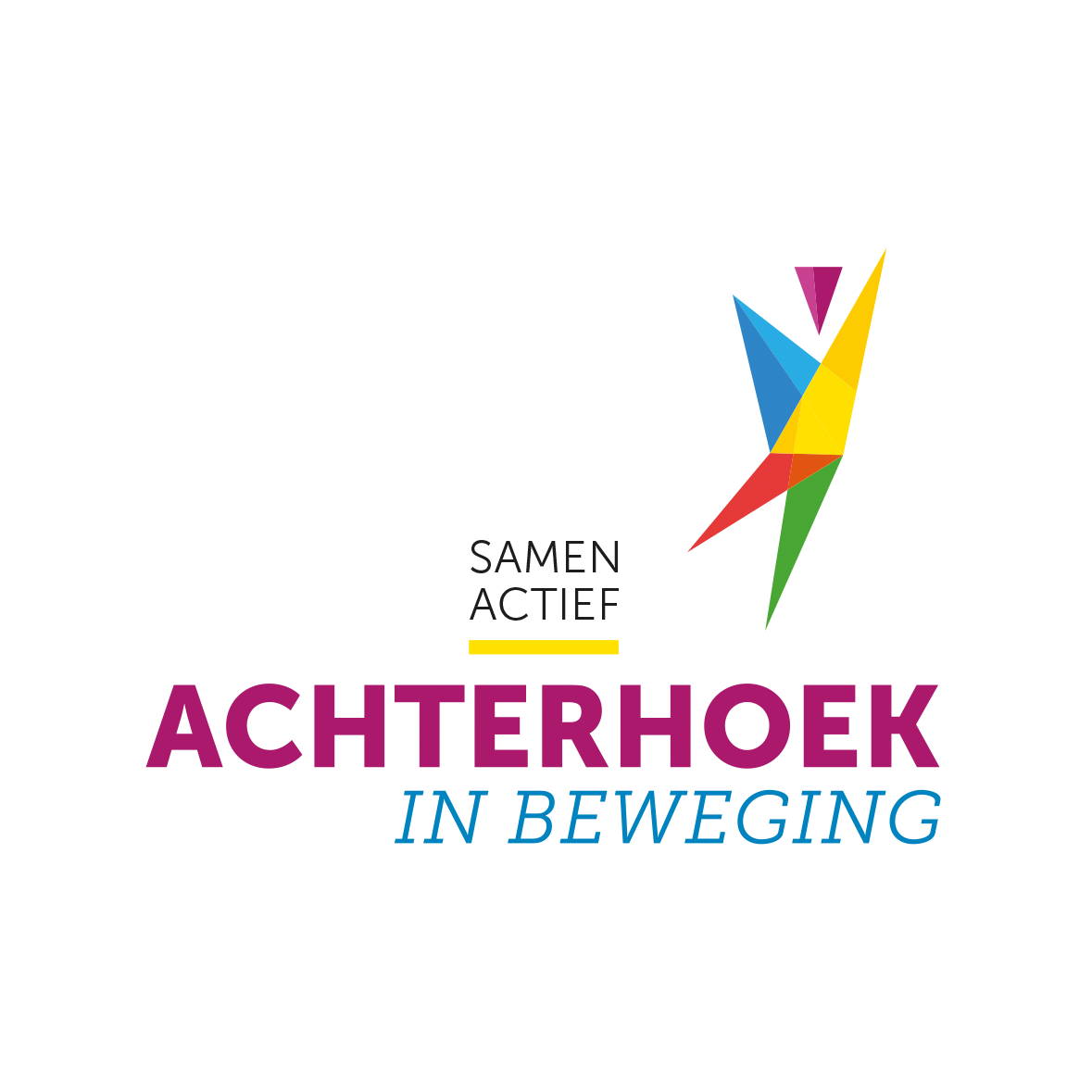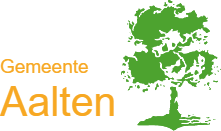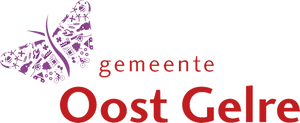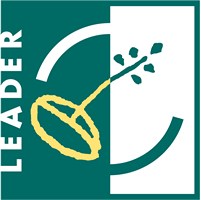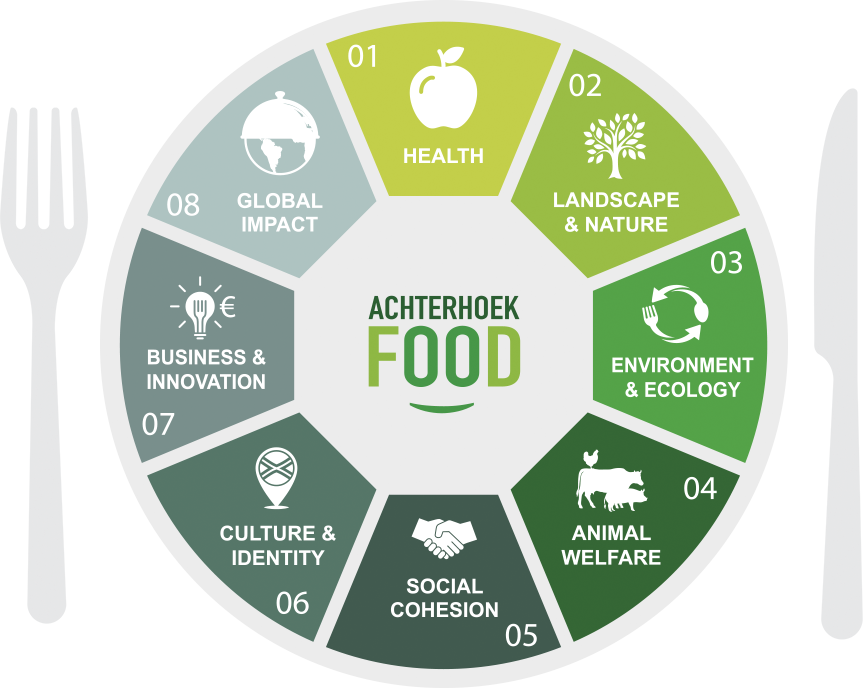
Food Connects! Our food choices determines how our environment looks. If we take into account all Achterhoek Food’s eight focus points and implement them we will make the Achterhoek and the world healthier and more sustainable. The eight focus points have a clear link to the seventeen Sustainable Development Goals of the United Nations (SDG’s).
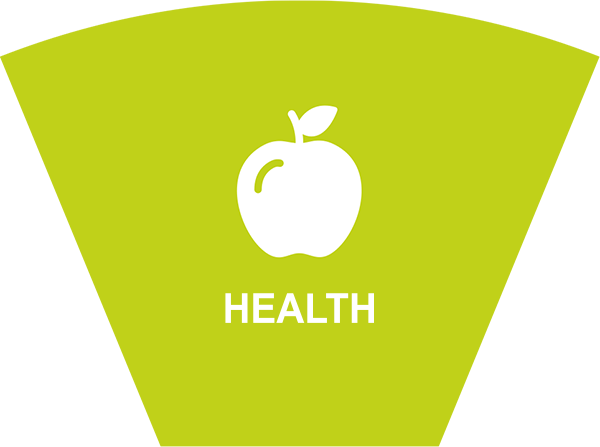
1 Health
Obesity is a wide spread problem, also in the Achterhoek. We focus on healthy and more varied food choices that are accessible for everyone combined with more sustainable and local produce.
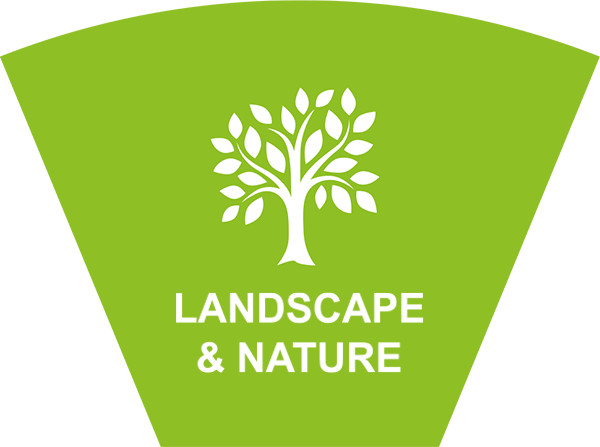
2 Landscape and Nature
There is a clear decline in the number of different species of plants and animals. The food we choose supports the agriculture systems and farmers that have a positive effect on biodiversity, conservation of plants and animal species and have a positive impact on soil fertility and landscape.
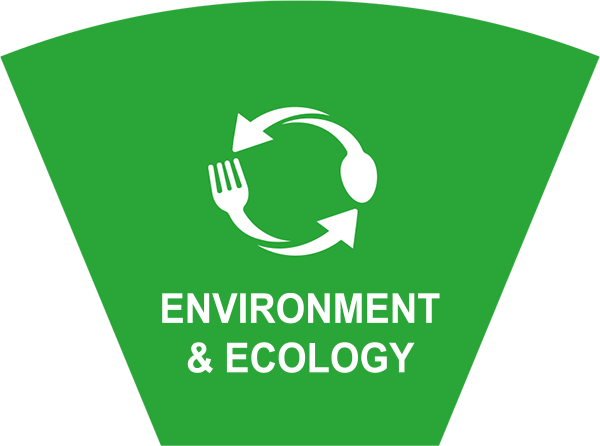
3 Environment and Ecology
Our food choices affects soil, air, water, the climate and CO2 emissions. We support farmers and the agriculture systems that reduces their environmental impact, strengthens a more circular food system and reduce food waste.
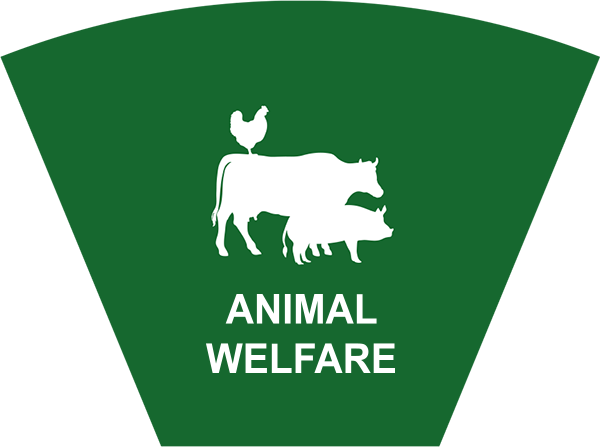
4 Animal Welfare
Our choice of animal products determines how these farm animals are kept. We support farmers that take extra measures to improve animal welfare. The Netherlands is a leading country when it comes to improving animal welfare for the egg, meat and dairy industry. The Achterhoek has a number of innovative farmers (meat, dairy, eggs) which have implemented the newest animal welfare techniques on their farms.
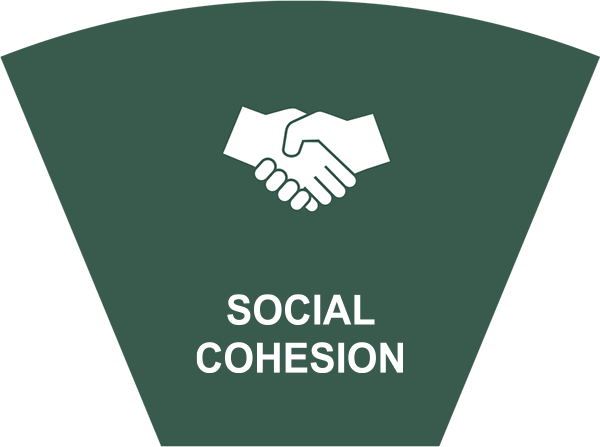
5 Social Connections
We strive to make sustainable and healthy food available for everyone. Not only for the wealthy and highly educated but for all social classes, all cultures and also for our visitors. Producing food, preparing it together and also growing together supports the community, connects people and takes away barriers between people and gives us a reason to connect. Achterhoek Food strengthens the social bonds in our region. Sustainable and healthy food belongs to basic education.
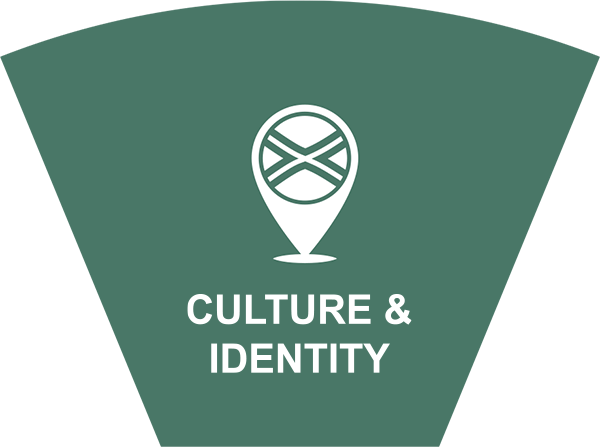
6 Culture and Identity
The Achterhoek has a rich food culture and was originally completely self-sufficient food region. Different regions in Italy and Denmark show us that regional food culture makes the people not only proud of their region but also connects them and makes the region attractive for tourists (landscape and nature). When a regional food culture is used as a starting point in restaurant, hospitality sector, festivals, recreational and residential sector it will make the Achterhoek recognisable as an internationally sustainable food destination and also leads to new business opportunities.
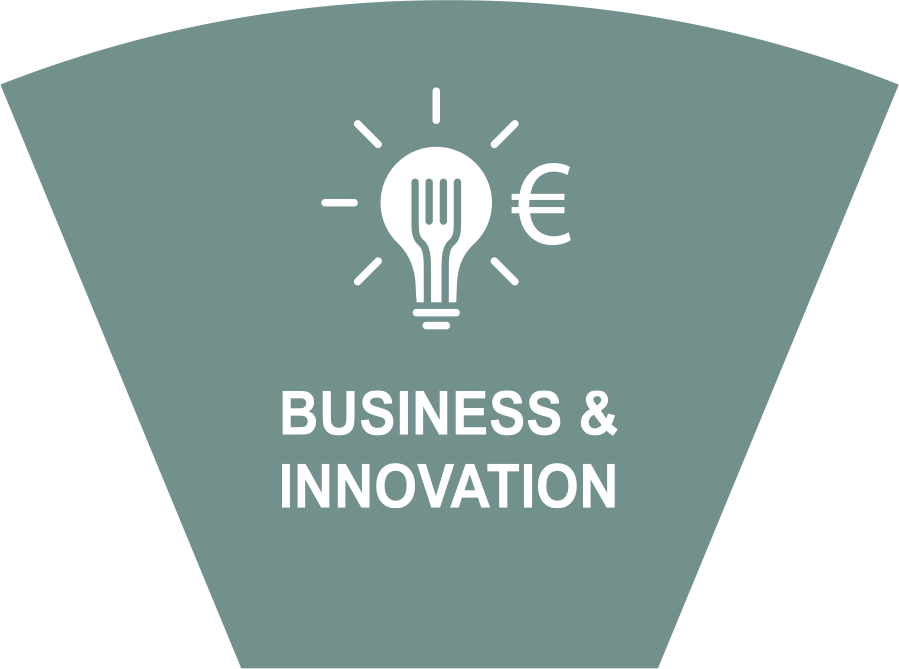
7 Regional Business
A healthy revenue model for the chain and farmer is of great importance. We focus on social and technical innovation as a basis for more sustainable food chains. With the use of ICT, high-tech from the manufacturing industry, start-ups, secondary vocational education students, colleges and universities, we work together with entrepreneurs on new revenue models, food concepts and food experiences for regional and national sales with expert knowledge from the ground up.
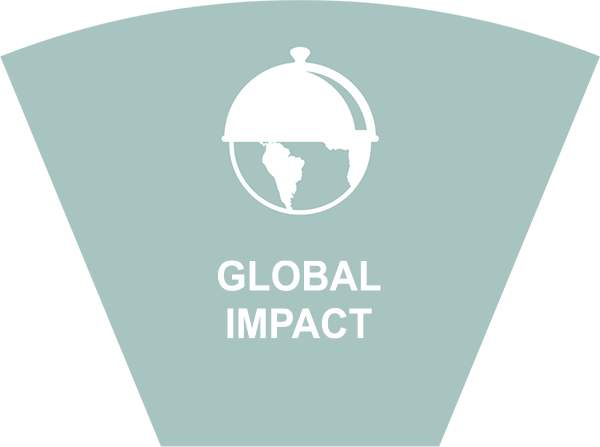
8 Global Food Issues
When we choose more sustainable food this has an impact on the productivity somewhere else in the world and the availability of food. Fewer animal products and more plant based food, less waste and fair trade of imported products contribute to making the global food system more sustainable whilst eradicating hunger and feed the increasing global population.
